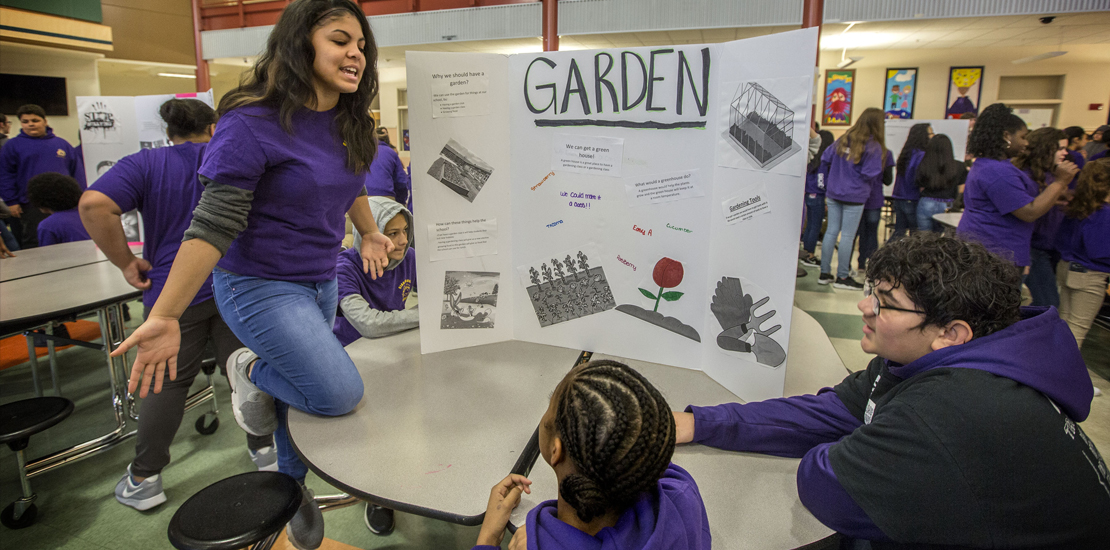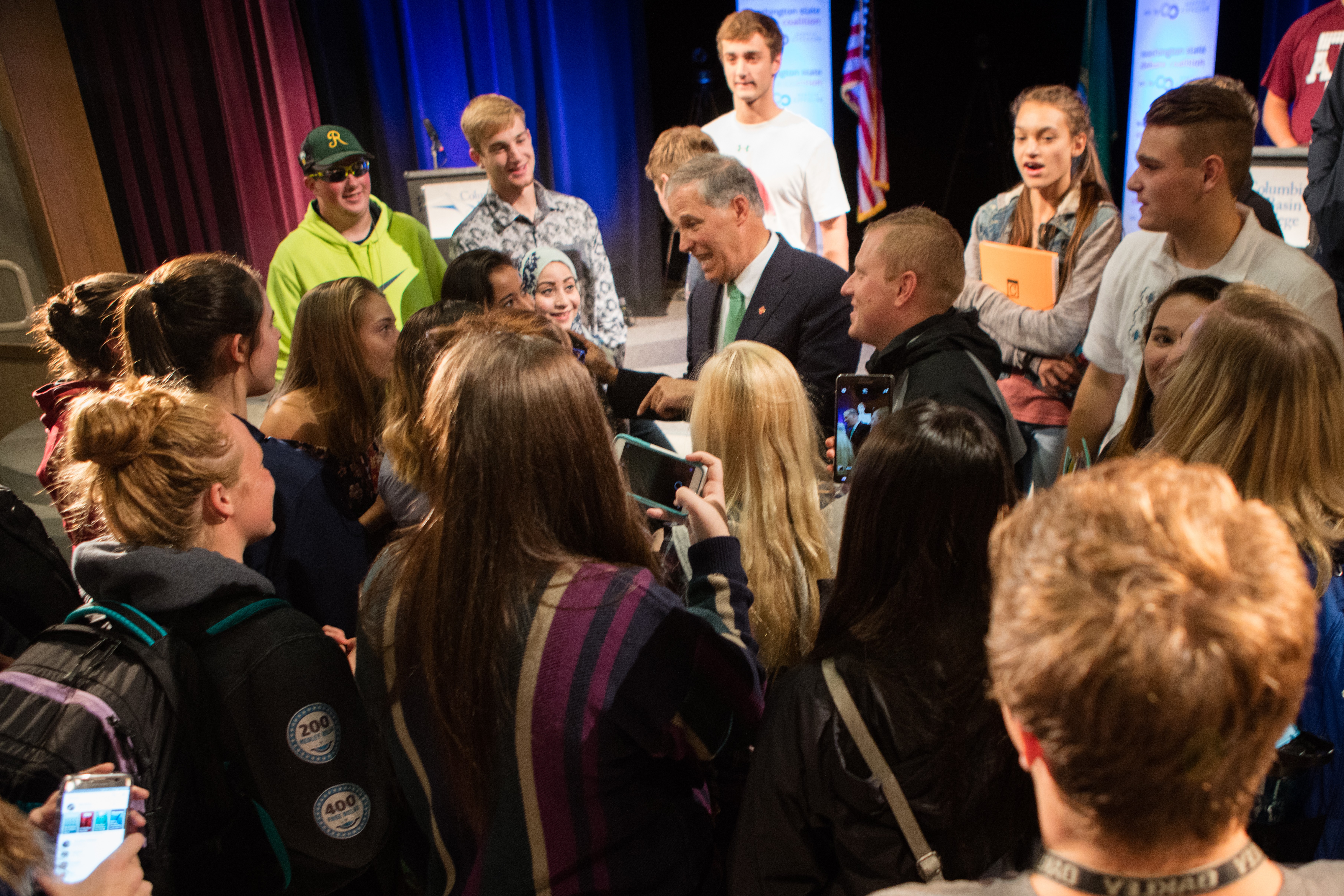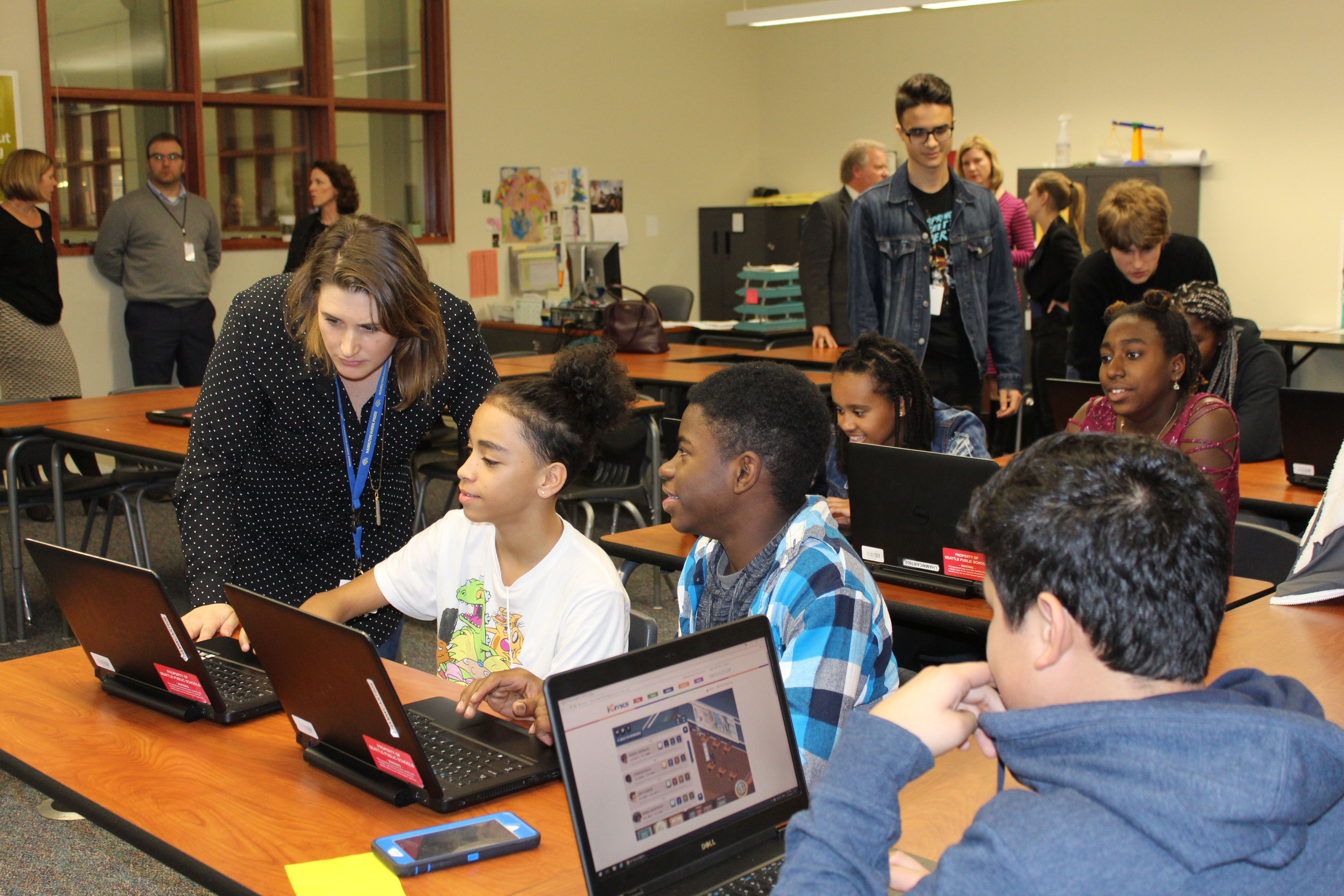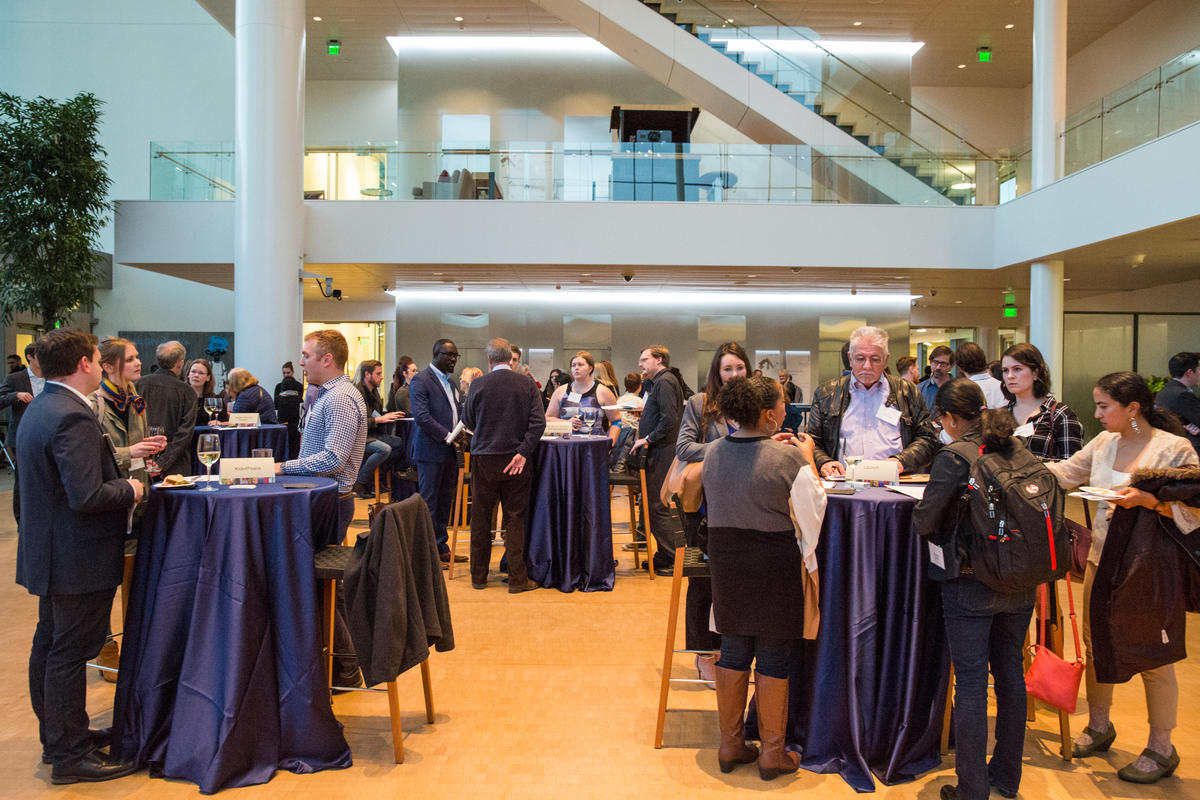2018 Update
What solutions have been implemented since the release of the 2017 Greater Seattle Civic Health Index to help improve the civic health of the Puget Sound region?
Personal and Community Health
In the 2017 Greater Seattle Civic Health Index…
We recommended integrating public health efforts with support for individual and community empowerment.
Tacoma-Pierce County’s Public Health Department and its Auditor’s Office recognized that civic engagement is an essential component of personal and community health, and won a $100,000 grant to empower local students as agents of choice and action in our democracy.
Three Tacoma schools created advisory committees, sourced student ideas for communal projects, organized campaigns and school votes, and selected winning proposals for funding. Participating students gained problem-solving, negotiation, financial literacy and collaboration skills.
1,068 students cast ballots in the Lincoln High School election.
During the Lincoln High School election, students voted to spend $60,000 to improve their school bathrooms, worked on a voter registration drive for their schoolmates and toured the Auditor’s Office to see how votes are tabulated.
Related Article: What happens when you give students money to spend?
“Empowering students to choose the best way to spend the health department grants is an early lesson in taking ownership of change they want to see that will make their communities healthier.”
Jacques ColonHealth Equity Coordinator, Tacoma-Pierce County Health Department
In the 2017 Greater Seattle Civic Health Index…
We recommended investing in civic infrastructure to empower under-resourced communities, build bridges between communities and encourage partnerships between government and community-based organizations.
Seattle Foundation launched the Vibrant Democracy Initiative in 2017 with a five-year commitment to increase the voices of underrepresented communities in King County. The initiative was developed to increase racial and economic equity in the region. It also recognizes that philanthropy has historically under-invested in communities of color and other underrepresented communities.
“It’s imperative within any vibrant democracy that individuals from the most marginalized, underserved or forgotten communities are continuously encouraged to participate in the electoral process and harness their often untapped political power.”
Jonathan CunninghamProgram Officer, Seattle Foundation
Grantees and community leaders co-designed multiple programs that collectively build capacity for community-led systems and policy change. Each effort tailored its approach to the unique needs and cultures of the communities it serves, including the Voter Education Fund. Through the Voter Education Fund, Ingersoll Gender Center received funding to develop the first dedicated Trans Justice Voter Guide.
Through the Vibrant Democracy Initiative, Seattle Foundation has invested $3 million in civic engagement, leadership development and coalition building efforts to date.
Thank you to Our 2018 Civic Health Index Sponsors

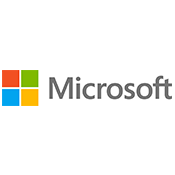

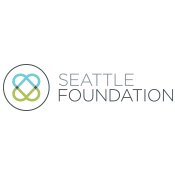
Empowerment and Inclusion
In the 2017 Greater Seattle Civic Health Index…
We recommended empowering disenfranchised residents and communities and connecting them to regional civic infrastructure.
King County has one of the lowest youth detention rates of any urban county in the United States; it has declined almost 70% since the late 1990s.
Black/African-American youth make up about 10% of King County’s total youth population, yet they currently make up almost half of the detention population on any given day. Committed to being the first urban county in the nation to decrease its detention population while also reducing the racial disproportionalities within it, County Executive Dow Constantine has set a vision for “zero youth detention” as both an aspirational goal and a tool for transformational change.
King County is developing a plan to include specific actions that the county and its partners can take to reduce the use of secure detention for youth, including prevention and early intervention, diversion and supported transitions out of detention and into the community. This public health approach is resilience-based and builds on the strengths of families and communities to drive changes to services, systems and upstream strategies.
“By adopting a public health approach, we limit the traumatization of youth in detention, and ensure families have access to supports and services in the community.”
Dow ConstantineExecutive, King County
Due in late 2018, the new plan will bring together community and system partners to focus on a common outcome—the positive development and well-being of all youth.
Related Article: Restorative Justice Programs Growing in King County Schools and Juvenile Court
In the 2017 Greater Seattle Civic Health Index…
It was reported that people of color, young people, and low-income residents are underrepresented in many metrics of civic engagement including voting. Eliminating language and other barriers to voter information and registration would help remedy this disparity.
There are close to a million people in Washington state who are eligible, but not registered to vote currently. New legislation can help close that gap.
In 2018, the Washington Voting Justice Coalition recommended legislation that became part of Governor Jay Inslee’s Access to Democracy Package. Four of the bills from the Access to Democracy Package passed with bipartisan support in the state legislature.
Additionally, the legislature increased civics education requirements for high-schoolers and funded related teacher training.
What Voter Legislation Passed?
- Automatic voter registration for citizens obtaining enhanced driver’s licenses or identification cards through the Department of Licensing
- Election day voter registration
- Pre-registration of 16 and 17-year-olds
- New pathways for communities to establish districts for elected offices
“The Washington Voting Rights Act puts power back into the hands of the people where it belongs.”
Rebecca SaldañaSenator (D‑37th District), Washington State
A Sneak Peek
In the 2017 Greater Seattle Civic Health Index…
We recommended strengthening policies and programs that support civic education in schools and youth development organizations.
In 2018, the Washington State Debate Coalition will host free public debates for statewide offices.The Coalition will promote its debates using visual art and social media designed to increase youth participation, while partnering with TVW, Washington State’s public affairs network, to use the debates as a basis for civics education in Washington high schools.
Seattle CityClub founded the Washington State Debate Coalition in 2016 to educate and engage voters and foster candidate access and accountability.
“We are committed to making free, smart, highly visible election debates an expected part of the political and civic culture of Washington State.”
Diane DouglasExecutive Director, Seattle CityClub
Work and Prosperity
In the 2017 Greater Seattle Civic Health Index…
We recommended investments in partnerships between the region’s civic and tech communities.
In 2018, Google granted $100,000 to Washington’s Council on Public Legal Education to customize iCivics, an award-winning online civics education platform, for Washington youth. Founded in 2009 by Justice Sandra Day O’Connor, iCivics uses online games, educational videos, and other resources to teach students how government works and provides opportunities to practice democratic skills. iCivicsWA gives schools and after-school programs across the state access to civics lessons aimed at increasing student civic engagement.
“This is a big step in teaching young people about our democracy and empowering them to participate.”
Margaret FisherWashington State Director, iCivics
The Google grant makes Washington the second state in the nation to implement similar programming at no cost to students or teachers. Google has nearly 3,000 employees in metropolitan Seattle. The grant underscores the company’s mission to organize the world’s information and make it universally accessible.
Related Article: Google to Bolster Washington Civic Engagement
“It is so important to the future of our country that everyone understands how our government and systems work, and the role they can play in shaping them.”
Darcy NothnagleHead of External Affairs NW region, Google
In the 2017 Greater Seattle Civic Health Index…
We recommended recognizing and promoting employee engagement as an economic development tool to help recruit and retain a highly skilled and committed workforce.
In 2017, the Bill & Melinda Gates Foundation supported $14.7 million in employee charitable giving.
The Bill & Melinda Gates Foundation hires a lot of newcomers to Seattle and is deeply committed to fostering employee civic engagement. In 2017, the Bill & Melinda Gates Foundation helped employees support an estimated 3,000 organizations by matching $3.4 million in employee donations and 13,000 volunteer hours.
“The foundation opens doors. It makes it easy to meet organizations, to jump in and learn about what’s happening in the community.”
Tasleem KachraSenior Program Officer, Bill & Melinda Gates Foundation
Tasleem Kachra, who grew up in Kenya and moved to Seattle to work on vaccine delivery for The Bill & Melinda Gates Foundation’s global health program, was interested in community involvement as a way to put down roots in her new home and to pass on the opportunities she had when she immigrated to the United States.
Tasleem Kachra, who grew up in Kenya and moved to Seattle to work on vaccine delivery for the Bill & Melinda Gates Foundation’s global health program, was interested in community involvement as a way to put down roots in her new home and to pass on the opportunities she had when she immigrated to the United States.
Kachra served on an employee committee at the foundation that identified and awarded community grants to local organizations; one of the recipients of a community grant was the Refugee Women’s Alliance. After learning about ReWA, Kachra joined the organization’s capital campaign committee as a volunteer, and with training provided by the Bill & Melinda Gates Foundation’s non-profit board service program, she joined ReWA’s Board of Directors.
Through its rich portfolio of civic learning opportunities, connections to community organizations, and incentives for philanthropy and volunteering, the Bill & Melinda Gates Foundation fosters civic bonds of mutuality and service. Its employees feel more at home in Seattle, and Seattle becomes a better home for all.
Related Article: Gates Foundation and Facebook quickly match $2M in donations to nonprofits for #GivingTuesday

